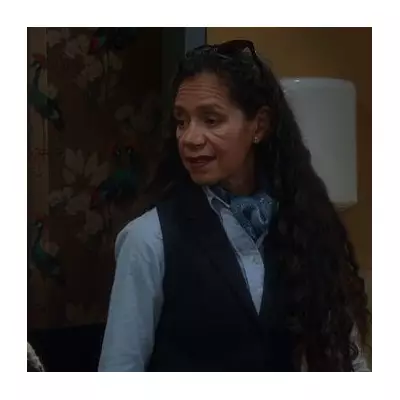
In a performance that will undoubtedly be remembered as one of the year's most powerful theatrical events, Juliet Stevenson commands the stage in David Greig's profoundly moving new play, 'The Land of the Living', at the Dorfman Theatre.
Stevenson embodies Anna, a woman grappling with an unimaginable loss, in a portrayal that is both raw and meticulously controlled. Her performance transcends mere acting; it becomes a visceral exploration of the human capacity to endure.
A Narrative That Cuts to the Core
Greig's script is a masterclass in subtlety and emotional depth. The narrative eschews melodrama, instead opting for a quiet, piercing examination of grief. The dialogue feels less written and more unearthed, capturing the fragmented, non-linear way memory and trauma function.
The production's genius lies in its restraint. The minimalist staging focuses all attention on Stevenson, whose every micro-expression tells a story. The atmospheric lighting and sparse, effective sound design create a world that feels both stark and deeply immersive.
More Than a Play; An Experience
This is not passive theatre. 'The Land of the Living' demands engagement, pulling the audience into Anna's psychological landscape. It asks difficult questions about how we live after the unthinkable happens and where we find the strength to continue.
Stevenson's ability to convey oceans of pain with a single glance, or a world of resilience in the set of her shoulders, is nothing short of miraculous. It is a privilege to witness an artist of her calibre at the peak of her powers.
By the final, breathtakingly quiet curtain call, the audience is left in a stunned silence—a testament to the raw emotional power of what they have just witnessed. This is essential viewing, a haunting and beautiful piece that reaffirms the transformative power of live theatre.





